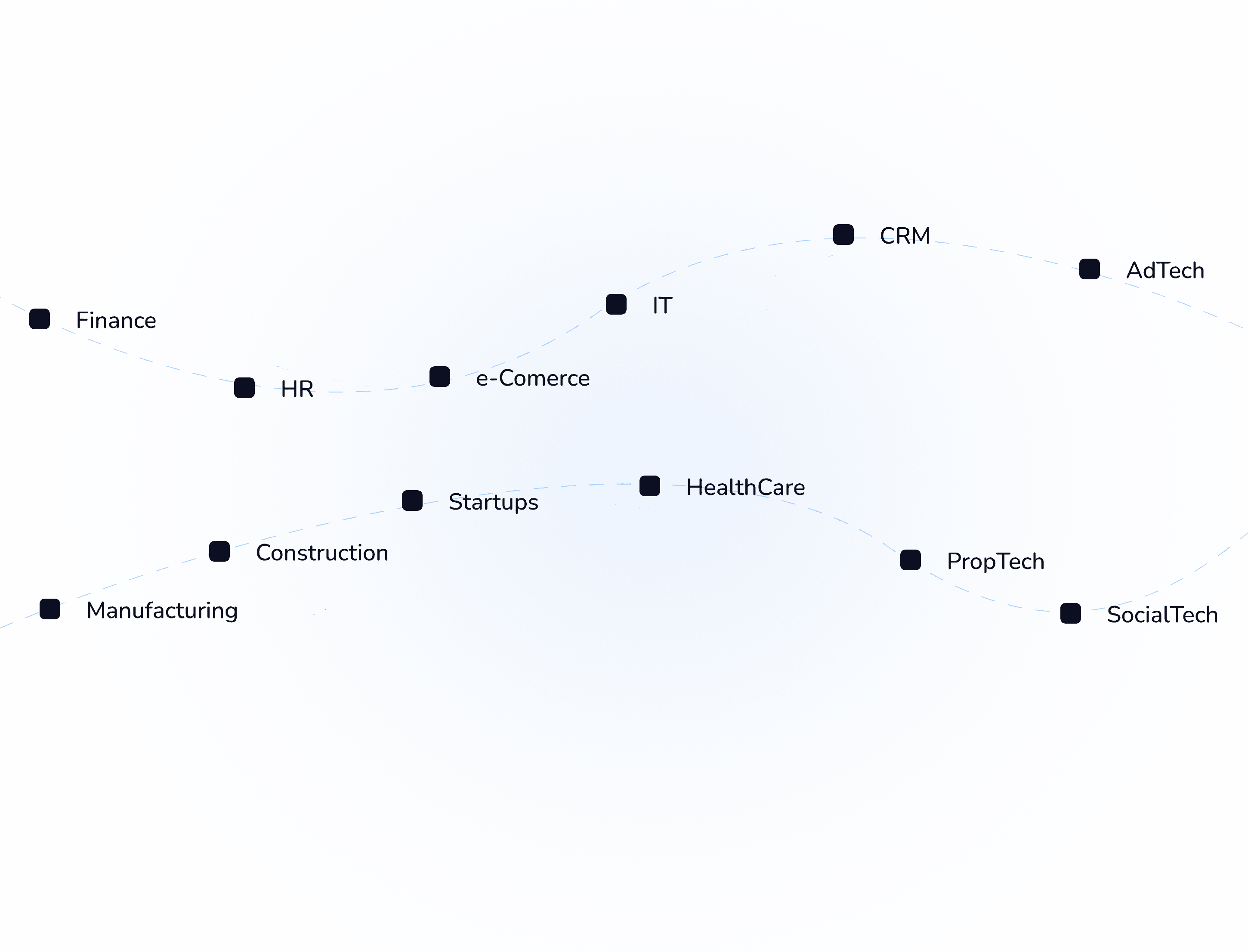The cost of hiring an outsource software development company can
vary widely depending on several factors, such as project scope,
complexity, technology, location, and the expertise of the
development team. Here are some key factors that influence the cost
of outsourcing software development:
Project Scope and Complexity:
The larger and more complex the project, the higher the cost. This
includes the number of features, the level of customization, and the
integration with other systems or technologies.
Technology Stack:
The choice of technology can affect the cost, as some technologies
are more specialized or require more experienced developers, which
may lead to higher rates.
Geographic Location:
The location of the outsourcing company plays a significant role in
determining the cost. Rates can vary significantly between regions,
with developers in North America and Western Europe generally
charging higher rates than those in Eastern Europe, Asia, or Latin
America.
Development Team Experience and Expertise:
The level of expertise and experience of the development team can
impact the cost. More experienced and specialized developers
typically command higher rates.
Project Timeline:
Tighter deadlines may require additional resources or extended
working hours, which can increase the cost of the project.
Ongoing Support and Maintenance:
Post-launch support and maintenance, such as updates, bug fixes, and
improvements, can add to the overall cost of the project. It is
essential to consider these costs when budgeting for your software
development project.
Given these factors, the cost of outsourcing software development
can range from a few thousand dollars for small, simple projects to
hundreds of thousands or even millions of dollars for large, complex
projects. It’s crucial to get detailed quotes from multiple
outsourcing companies to compare their offerings, expertise, and
pricing to ensure you get the best value for your investment.
Typically, outsourcing companies offer different pricing models,
such as fixed-price, time and material, or dedicated team models.
It’s essential to choose the most suitable pricing model based on
your project requirements and risk tolerance.









